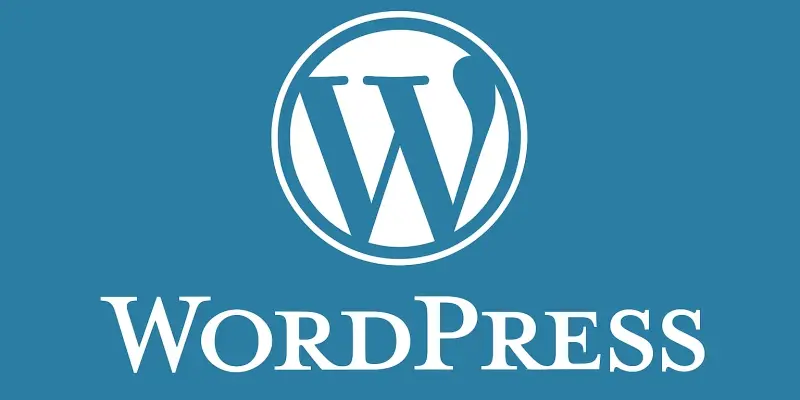In today’s digital landscape, robust and efficient web hosting solutions are crucial for maintaining user engagement. With the ever-evolving needs of businesses, WordPress Managed Hosting has emerged as a significant player in the web hosting industry. The rise of this technology is rooted in its ability to streamline website management, enhance performance, and bolster security, effectively catering to a range of industries. This thorough review seeks to unveil the intricacies of WordPress Managed Hosting, highlighting the evolution, defining features, and transformative effect of this hosting approach on digital operations.
Insights into WordPress Managed Hosting
Managed hosting represents a shift from traditional hosting models, focusing on a comprehensive and proactive approach to website management. It emphasizes key principles such as enhanced security, automated processes, and superior performance, offering a robust alternative to conventional web hosting solutions. Its emergence has significantly shaped the broader technological landscape, providing a solution that integrates seamlessly with the requirements of modern businesses.
This form of hosting has gained prominence due to its relevance in environments where security and operational efficiency are paramount. The ability to offload complex management tasks allows businesses to allocate resources toward core operations without being bogged down by technicalities. With an increasing number of businesses moving online, managed hosting solutions have become indispensable in ensuring competitive advantage and operational continuity.
Unpacking the Features of WordPress Managed Hosting
Strengthened Security Measures
Security is a cornerstone of managed hosting and is integral to its value proposition. Managed hosting environments implement advanced security protocols to safeguard websites against a plethora of cyber threats. These measures include regular security audits, malware scanning, and robust firewall configurations. The emphasis on security ensures that websites remain resilient, minimizing vulnerabilities and protecting user data from malicious attacks.
The significance of these security features cannot be overstated, as they provide users with peace of mind and guarantee the integrity of sensitive information. In an era where cyber threats are increasingly sophisticated, utilizing a hosting solution with inherent security capabilities becomes essential for all digital platforms.
Automation of Backups and Updates
Another crucial feature of WordPress Managed Hosting is the automation of tasks such as backups and updates. Automated backups significantly reduce the risk of data loss by ensuring that all website data is securely stored and can be easily restored if needed. Meanwhile, automated updates ensure that websites always utilize the latest software versions, enhancing overall site performance and security. The automation process effectively streamlines website management, freeing businesses from the constant monitoring and manual implementation of updates. This results in improved user experience, as websites benefit from optimized performance and enhanced reliability.
Recent Trends and Developments
The landscape of managed hosting is constantly evolving, driven by recent innovations and emerging trends that dictate industry standards. Technological advancements have seen the integration of artificial intelligence and machine learning to optimize web hosting processes. These innovations enable predictive analytics and more efficient management of hosting resources.
Moreover, the rising popularity of cloud hosting solutions has influenced the trajectory of managed hosting, offering scalable and flexible solutions for businesses of varying sizes. This trend reflects a broader shift toward flexible hosting solutions that adapt to the changing needs of businesses and support continuous growth.
Practical Applications of Managed Hosting
Managed hosting solutions have been widely adopted across diverse industries for their versatility and effectiveness. In particular, eCommerce platforms benefit greatly from managed hosting due to the high volume of web traffic and the necessity for secure transaction processing. Additionally, companies that focus on digital content delivery rely on managed hosting to ensure seamless and uninterrupted user experiences.
There are numerous cases where organizations, both large and small, have leveraged managed hosting to achieve superior performance and enhance their competitive edge. The technology’s adaptability enables it to meet the nuanced demands of various sectors, positioning it as a critical component in the digital infrastructure of businesses globally.
Overcoming Challenges and Limitations
Despite its advantages, managed hosting faces challenges that must be addressed for continued progression. Technical complexities, regulatory compliance requirements, and market competition pose significant barriers to widespread adoption and optimization. However, ongoing innovation and commitment to customer-centric approaches are paving the way to overcome these hurdles. Efforts have been made to simplify the user experience, enhance service delivery, and comply with diverse regulatory landscapes. Such initiatives are crucial to sustaining the momentum of managed hosting as a preferred choice for businesses seeking reliable and efficient hosting solutions.
The Future of WordPress Managed Hosting
Looking ahead, managed hosting is poised for substantial advancements, and its future promises significant breakthroughs that will reshape the web hosting industry. Innovations focused on fostering seamless integration with emerging technologies and enhancing scalability are expected. These developments will likely have profound impacts on the digital landscape, providing businesses with even more robust solutions for their hosting needs. Continued investment in research and development is anticipated to drive the evolution of managed hosting, with potential expansions in areas such as automation and artificial intelligence. As the industry evolves, managed hosting stands to offer more streamlined and efficient processes, maintaining its critical role in powering digital experiences.
Final Thoughts
This review highlights the transformative impact of WordPress Managed Hosting on web hosting practices, underscoring its role in improving security, performance, and efficiency. The current landscape of managed hosting reflects a technology poised for future growth, with prospects for innovations that could redefine the standards of web hosting. Considerations for overcoming existing challenges also pave the way for ongoing advancement, positioning managed hosting as an essential tool in the digital economies of tomorrow.

